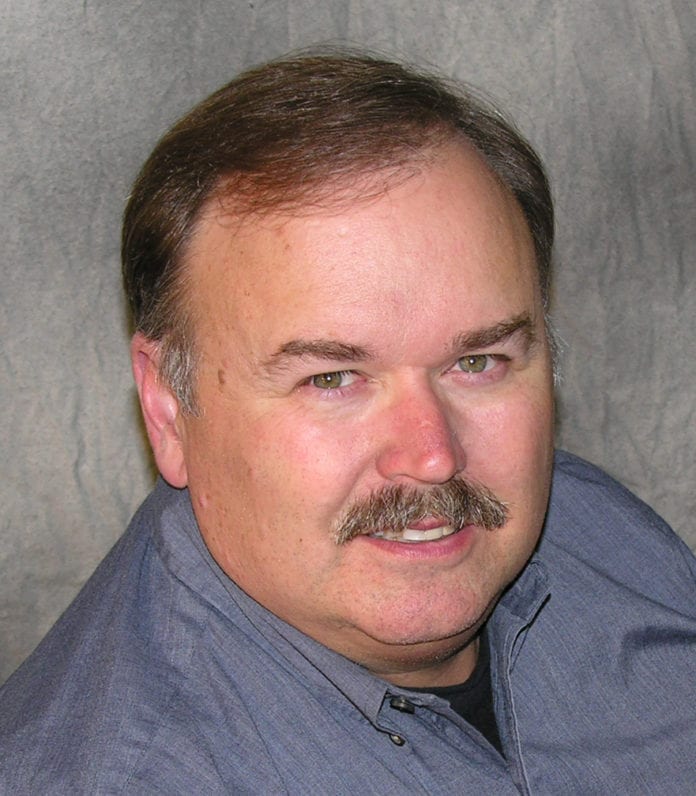Anyone who has served in law enforcement has experienced this: you’re off-duty and someone you just met learns you’re a police officer or deputy or trooper – there’s a strong probability the next thing out of their mouth will be, “You’re a cop? I have a question…” Most officers are good sports about this, just like doctors are with, “Oh, you’re a doctor? I have this pain right here…” Most people don’t often have the opportunity to talk to a cop (or a doctor) in a social environment, so this is understandable.
I have found in my thirty-plus years as a cop that many questions fall into the innocuous “I always wondered…” category, such as how far away radar will catch a speeder, or why cops handcuff people behind their backs? But many questions are more thought provoking, and a little more difficult to answer, such as this one recently asked of me:
“Three police officers in Clinton, Missouri were shot, with one killed. That’s just two hours away. How does this affect you and the officers you work with?” It’s tough. As of this writing, we’ve already lost twenty-nine officers nationwide in 2018, most to assaults with firearms. These are all men and women doing the same job I’m doing, facing the same dangers. There is no way to imagine the hurt and loss the families are feeling. When it happens close to home, it reminds us of how close the danger really is. I know very little of what happened, however, I do know that the officers in Clinton were answering a 9-1-1 call where no one was talking but a disturbance could be heard in the background. As they investigated they came under fire.
So how does it affect us? Calls like this are not uncommon around here, and we exercise due caution on our approach and handling of such calls. There is also a little voice in our head that naively reassures us, “It won’t happen here.” Then it does happen “in our own backyard.” That sense of “it won’t happen to me” is shattered, and we become hyper-vigilant. We watch and scrutinize everything around us, considering anything we can’t see or we can’t control as a threat. It is the reason that officers who are otherwise nice and easygoing can become loud and demanding, even a bit rude. It is something that is hard to explain unless you’ve done the job or been in combat, knowing that in the next house you approach or driving the next car you stop could be someone who plans to kill you.
Despite all of turmoil caused by these incidents, however, there is another effect – a strangely positive one. We are reminded that, while there are individuals out there who will think nothing of killing a cop, there are far more good people out there who understand what we’re up against and who have our backs. They are those kind citizens who walk up to us in a convenience store or restaurant and thank us for the job we’re doing. It reminds us of why we became cops in the first place.
Doug Dickey is a retired Carthage police officer, and is currently serving with another local department. Answers to questions here are general in nature and may not pertain to all agencies, nor should they be interpreted as legal advice. Contact your local agency or an attorney if you have specific questions regarding law enforcement or legal matters.















